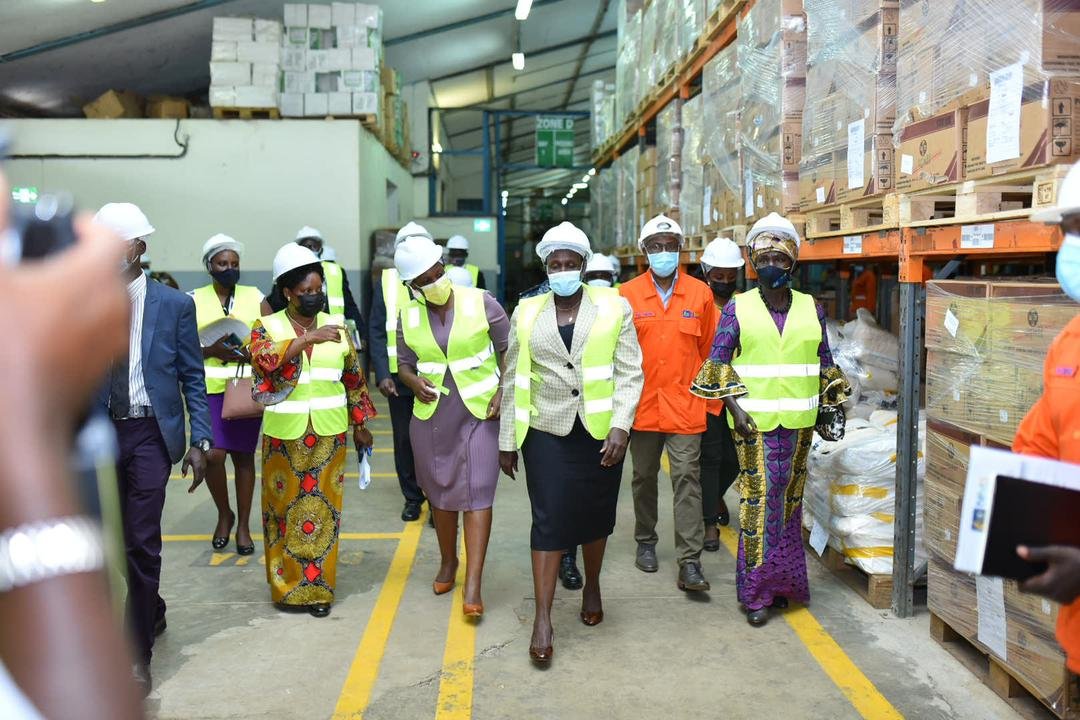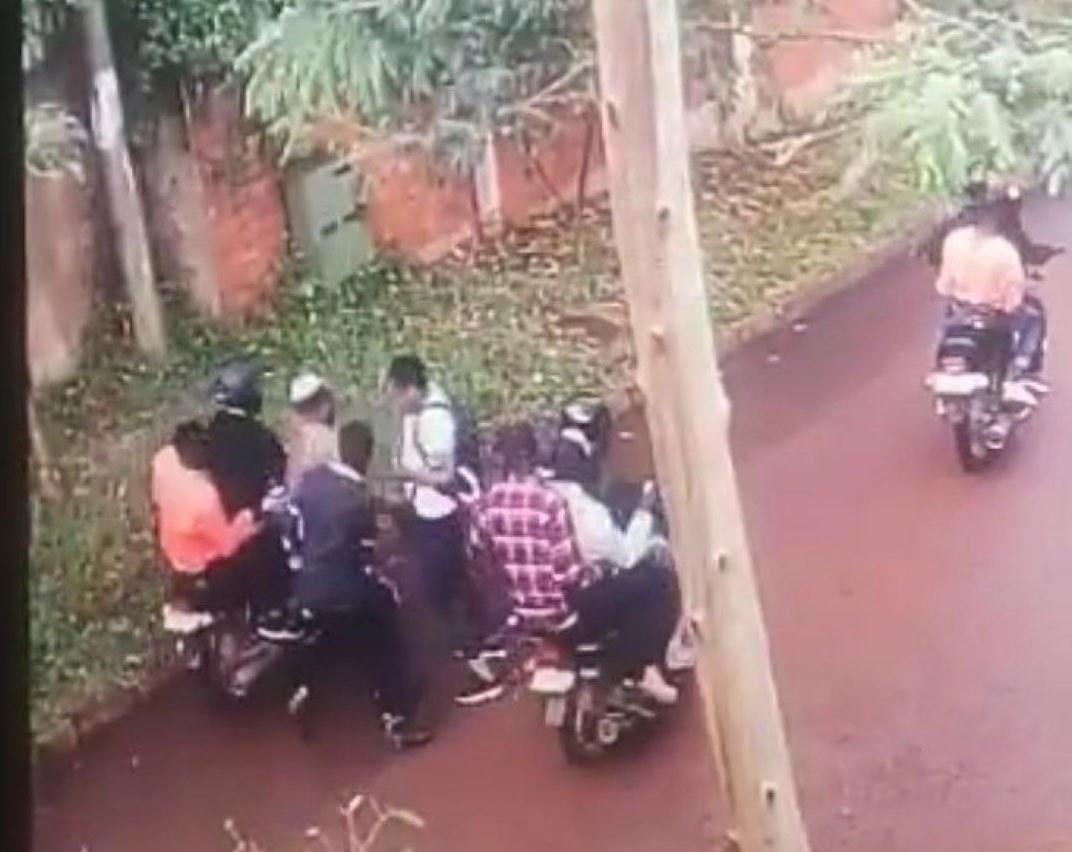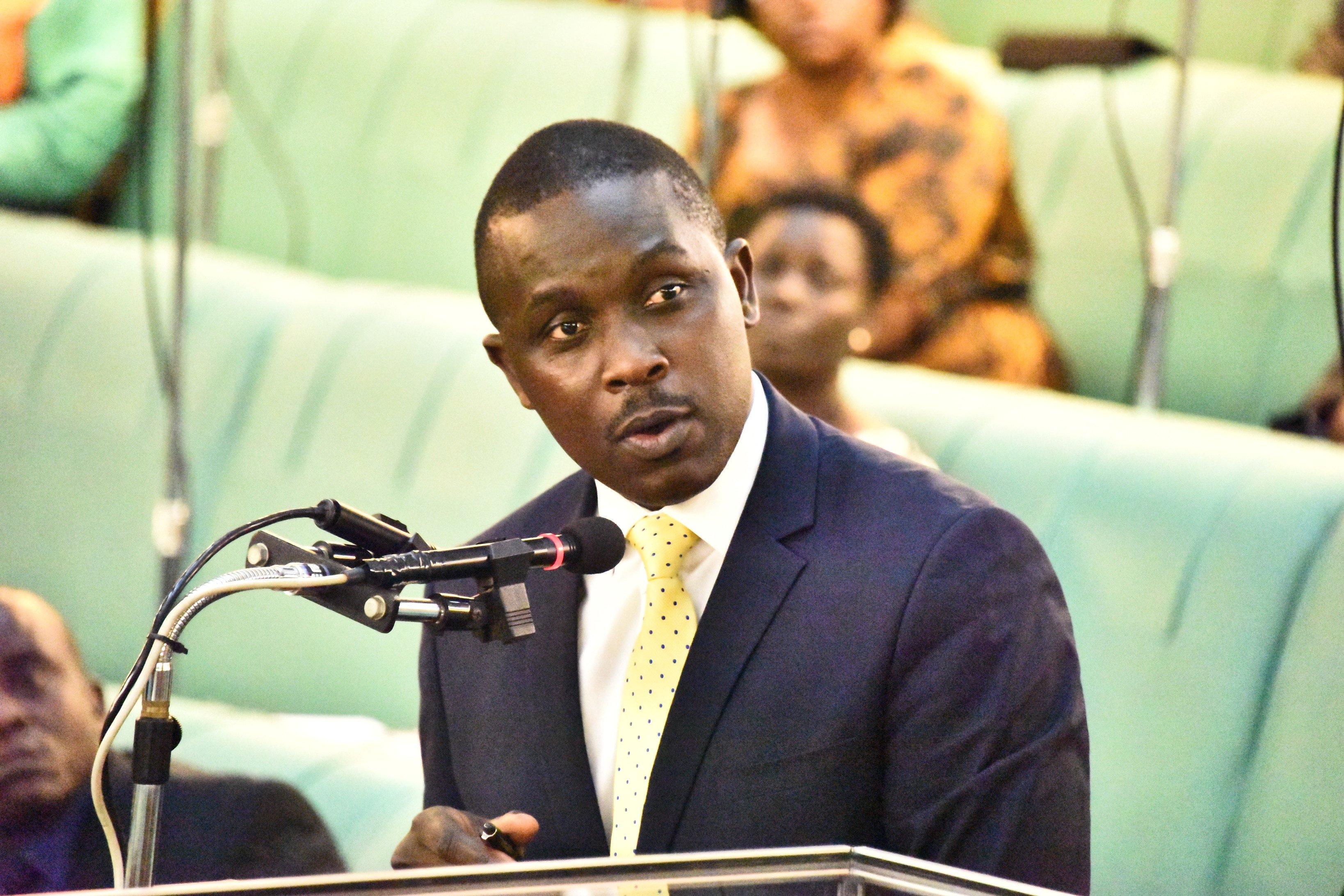By Kitatta Ibrahim Almalik
Prior to Uganda’s Independence, in the 1940s to be precise, the payment of income tax was a preserve of non-Africans only; meaning only Whites and Asians would pay.
Tax was introduced as an emergency measure during World War II to raise money to fund Britain’s participation in the war. Indigenous Africans were exempted from paying income tax despite being employed formally, but they would rather pay export tax for their coffee and cotton.
The income tax for Ugandans was introduced later on in November 1961, but would take effect the following year with its implementation challenges as it was then reported in The Uganda Argus.
The announcement was made a month after the Legislative council (LEGCO) passed a law lifting the tax exemption to Africans. The new law required them to pay income from the money earned every year. At the time of introduction, income tax was paid annually. Today it is paid monthly.

On the March 5th, 1963, the Tax Exemption Act came into force, empowering the Minister of Finance, whenever he or she thinks fit, by statutory order to exempt any member of the Uganda Peoples’ Defence Forces, the Uganda Police Force or of the Uganda Prisons Service from the payment of any territorial tax; and any such order would have effect notwithstanding the
provisions of any law to the contrary.
Section 83 of the Uganda People’s Defence Forces Act, 2005 buttresses the same position by further stating that “Notwithstanding any provision in any written law to the contrary, no income tax shall be charged upon any pension or gratuity granted under this Act.”
The NRM government in addition to proffessionalising the army, maintained the status quo of the armed forces and even made it better by providing other incentives to the soldiers such as a world class savings and loans scheme under Wazalendo SACCO, medical care, better accommodation for officers, regional army shops, schools, bursaries and opportunities for children and spouses of many serving and fallen soldiers, among others. All these have kept the morale of the forces up and perhaps its is the reason Uganda defeated all armed attacks both local and foreign backed since 1986 and we are proud as a nation to have forces that have made Uganda not only peaceful but now a net exporter of peace and stability to countries like Liberia (1990s) Somalia, Democratic Republic of Congo and South Sudan.
By Friday July 9th, 2021, Lwengo District had reported 1233 cumulative Covid-19 suspects out of which 180 turned out positive after RDT tests had been carried out and 14 of these positive cases were our dear health workers, the real frontline forces in the battle against this novel coronavirus.
Lwengo has in the same period reported 12 cumulative deaths out of which one was a health worker called Deborah Njuba a Senior Nursing Officer at Lwengo HCIV. May her soul rest in eternal peace, our prayers are with her and the young family she left.
The Lwengo District Covid-19 Task Force has identified the following as issues affecting the morale of our health workers; the lack of enough Personal Protective Equipments (PPEs), poor and inadequate accommodation, lack of transport for the health workers and stakeholders doing surveillance, few ambulances based at Masaka Regional Referral Hospital shared among 11 districts, lack of a COVID-19 treatment unit within the district, no risk allowances / motivation for health workers, no trained burial teams in the community making the health workers play the role of part-time funeral services providers .
Lwengo also lacks adequate capacity to follow up on covid-19 patients under home based care meaning that once a client tests positive they are sent home with mere prescriptions , a few medicines and prayers till miracles happen.
However, on inquiry, I have established that there exists a hardship allowance of 80,000 for a Nurse, a Doctor and a Laboratory Assistant.
The current Tax law aggregates all your total earnings as long as such exceeds 430,000 per month and subjects it to a direct tax bracket of 30 percent.
The Ministry of Health did not tax the first batch of allowances for the first wave in the financial year 2019/2020 but the Auditor General’s report of the same year faulted this.
The Ministry of Health then wrote to Ministry of Finance seeking further guidance on this and Finance wrote back insisting on the 30% tax which has greatly demoralized frontline health workers at a time when their morale must be high.
Therefore, we must find ways of boosting the morale of our health workers. The government had muted ideas of raising their pay in a fazed manner. This is a positive step in the right direction.
Recently, our members of Parliament were advocating for a package of 100 million as compensation for the family of a deceased health worker, this is not bad. But we need a healthy and well motivated health worker today, not a happy family of a deceased health worker.
Therefore, government and other partners in the health sector should step up efforts to provide PPEs to health workers for their safety and safety of clients.
The National Medical Stores should adjust their distribution plan and tailor it to match the demand at Regional Referal level but also to include Lower facilities at Local Governments.
The welfare of medical workers can be improved through raising their net take home pay and the quickest way to achieve it without raising salaries is to waive the taxes charged on their salaries and / or allowances such that their morale is kept up.
In September 2013, the Parliamentary Committee on Finance , Planning and Economic Development on Income Tax Bill recommended that; in order to guide proper policy formulation and review tax incentives, Government should design a transparent process and procedure for managing and granting tax exemptions.
This was after the Committee found that tax exemptions are managed with no clear and consistent legal frame work across on how they are managed.
Nevertheless, Article 152 doesn’t oblige the Finance Minister to seek approval by Parliament on tax waivers but rather to notify Parliament over his decision which means that it’s easy and possible to exempt our health workers too from paying taxes.
On poor and inadequate accommodation and other infrastructure, we credit the Ministry of Health for the ongoing efforts since 2017 for construction of staff houses and upgrading of lower health units in different parts of the country. Lwengo should be considered in next batch of facility upgrades.
On Transport for stakeholders and surveillance we applaud the wise decision for procurement of new double cabins to support districts. Lwengo District is waiting for theirs. From this procurement however I would like to also highlight the need for flexibility in our procurement laws most especially when dealing with such emergencies. The Permanent Secretary at the Ministry of Health has always advocated for this. As you can see that under this arrangement they managed to procure 282 double cabins at about only 24.6bn. Thats about only 86m per double cabin. We are used to buying them at a cost not lower than 200m in government.
On risk allowances /motivation for health workers, I argue that risk allowances should also go to health workers in local governments and budgets for local governments on COVID response should be adjusted to cover this. The local government budgets should also cover facilitation for follow up on home based care patients.
As we wait for a more severe 3rd wave coming shortly after this second wave which scientists anticipate might hit us harder than the ongoing wave. It better find a better motivated workforce.
Together, we can defeat this Covid-19 Pandemic.
The writer, holds an MBA in Finance and Accounting and is LCV Chairperson for Lwengo District. He can be reached on WhatsApp number +256775549199 or kibrah2000@yahoo.com

















